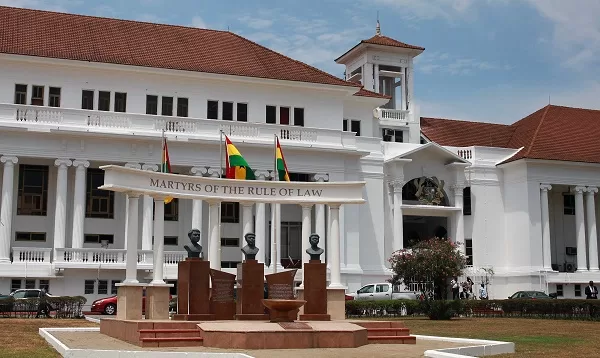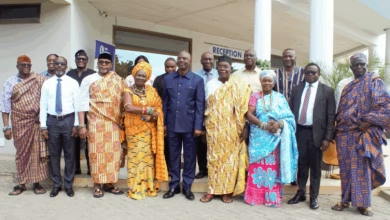Minority Files Suit at Supreme Court to Block Tax Waivers for 1D1F Companies

- Three NDC MPs file lawsuit to suspend tax waivers for 1D1F companies.
- They claim the waivers violate Article 174 of the 1992 Constitution.
- The MPs seek a court declaration that the waivers are null and void.
- The lawsuit challenges the government's approval of tax incentives for the 1D1F initiative.
Three National Democratic Congress (NDC) Members of Parliament (MPs) have filed a lawsuit at the Supreme Court seeking to suspend tax waivers granted to companies under the One District One Factory (1D1F) initiative. The MPs, Bernard Ahiafor, Kwame Agbodza, and Emmanuel Armah-Kofi Buah, are challenging the constitutionality of the tax waivers approved by Parliament.
They argue that the Parliamentary Memorandum dated February 28, 2019, and the subsequent Parliamentary approval on May 3, 2019, are inconsistent with Article 174 of the 1992 Constitution. The MPs are seeking a declaration that the tax waivers are unconstitutional, null, and void, and an order of perpetual injunction restraining the Minister for Finance and the Commissioner-General of the Ghana Revenue Authority from implementing the tax waivers.
They also want the court to restrain Parliament from taking any further steps to approve the tax waivers without ensuring compliance with Article 174 of the Constitution. The 1D1F initiative aims to establish a factory in each district, and the government has approved an incentive package and tax waivers to support the program.
However, the Minority in Parliament had opposed the approval, arguing that there was no specific amount mentioned, effectively giving a blank check to the operators. The incentive package includes tax exemptions and tax holiday periods of up to five years, but the Minority had demanded details and exact amounts of taxes to be waived.
Deputy Ranking Member of the Trade and Industry Committee, Yusif Sulemana, had described the request as a “blank cheque” and called for transparency in the tax waivers. The Supreme Court’s decision on the matter is expected to have significant implications for the implementation of the 1D1F initiative and the government’s ability to grant tax waivers.






